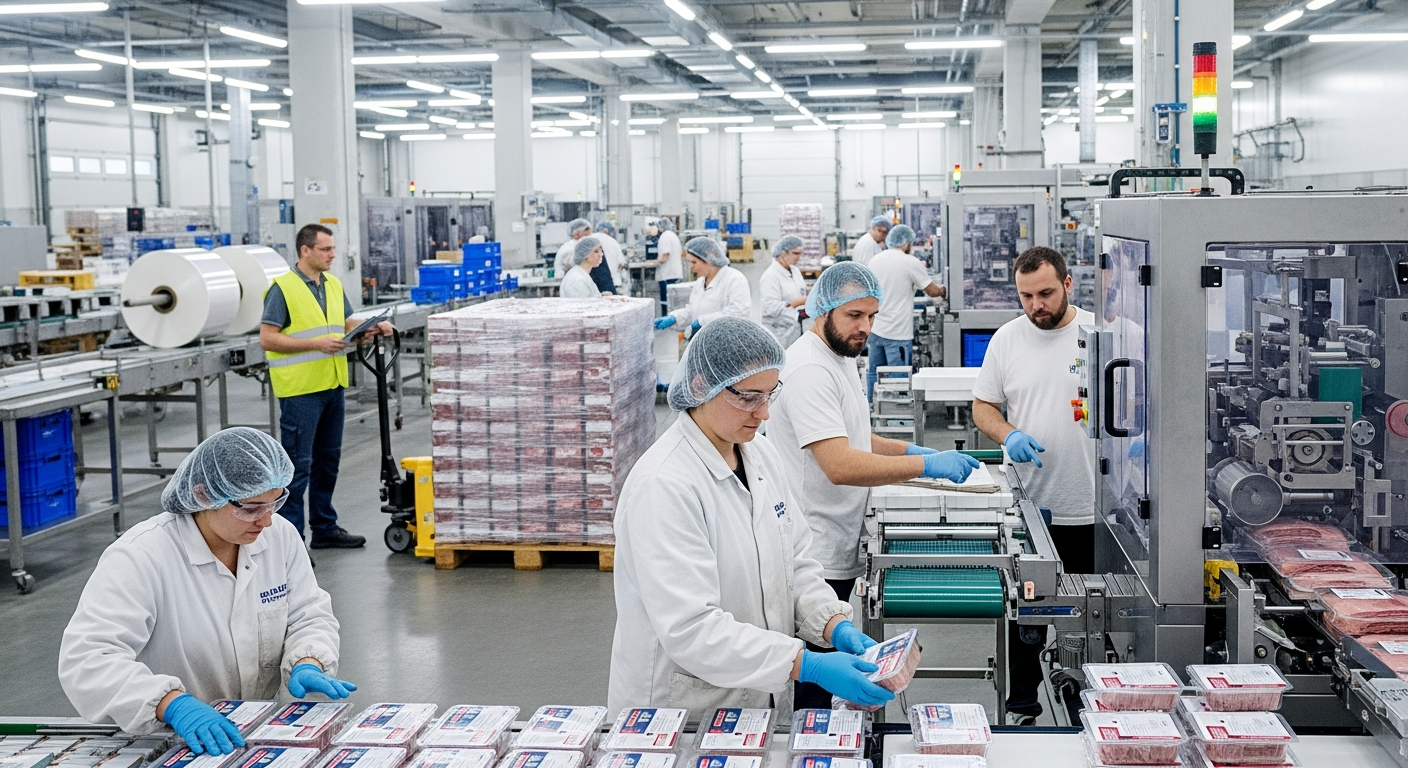HVAC Company Careers in the UK: Essential Roles in Modern Living
The heating, ventilation, and air conditioning industry has become increasingly vital to modern British life, creating numerous career opportunities for skilled professionals. With growing awareness of indoor air quality, energy efficiency requirements, and climate change considerations, HVAC companies across the UK are actively seeking qualified technicians, engineers, and support staff. These roles offer stable employment prospects, competitive compensation, and the satisfaction of providing essential services that directly impact people's comfort and wellbeing in residential, commercial, and industrial settings.

Skills Employers Value in HVAC Professionals
HVAC employers consistently seek candidates with strong technical competencies and problem-solving abilities. Essential skills include understanding refrigeration principles, electrical systems knowledge, and proficiency with diagnostic equipment. Many companies prioritise candidates with recognised qualifications such as City & Guilds certifications in refrigeration and air conditioning, or NVQ Level 2 and 3 qualifications in relevant disciplines.
Practical experience with installation, maintenance, and repair work proves invaluable, particularly when combined with knowledge of modern energy-efficient systems. Employers also value soft skills including customer service abilities, time management, and clear communication, as technicians frequently interact directly with clients in their homes or businesses. Physical fitness and safety awareness are crucial, given the demanding nature of the work environment.
Why the HVAC Sector Is Expanding Rapidly
Several factors contribute to the robust growth of the UK HVAC industry. Climate change has led to increased demand for cooling systems, with more British homes and businesses installing air conditioning units to cope with rising summer temperatures. Government regulations promoting energy efficiency have created opportunities for professionals skilled in heat pump installations and smart building technologies.
The construction industry’s recovery has generated substantial demand for HVAC services in new residential and commercial developments. Additionally, aging building stock requires regular maintenance and system upgrades, ensuring consistent work for experienced technicians. Post-pandemic awareness of indoor air quality has further boosted demand for ventilation system improvements and air purification solutions.
What HVAC Jobs Involve on a Daily Basis
HVAC professionals engage in diverse activities depending on their specific role and employer. Installation technicians typically spend their days fitting new heating and cooling systems, connecting ductwork, and ensuring proper system commissioning. This work often involves reading technical drawings, using specialised tools, and coordinating with other tradespeople on construction sites.
Maintenance technicians focus on preventive care and troubleshooting existing systems. Their responsibilities include cleaning components, checking refrigerant levels, testing electrical connections, and identifying potential issues before they become costly problems. Service calls may take them to various locations, from residential properties to large commercial facilities, requiring adaptability and strong diagnostic skills.
| Role Type | Average Annual Salary | Experience Required |
|---|---|---|
| Apprentice HVAC Technician | £16,000 - £22,000 | Entry level with training |
| Qualified HVAC Technician | £28,000 - £38,000 | 2-5 years experience |
| Senior HVAC Engineer | £40,000 - £55,000 | 5+ years with specialisations |
Prices, rates, or cost estimates mentioned in this article are based on the latest available information but may change over time. Independent research is advised before making financial decisions.
The career progression in HVAC offers multiple pathways for advancement. Entry-level positions often begin with apprenticeships, allowing individuals to earn while learning essential skills. Experienced technicians may specialise in particular areas such as commercial refrigeration, renewable energy systems, or building automation. Some professionals eventually establish their own businesses, taking advantage of the consistent demand for HVAC services.
Training opportunities remain abundant, with many employers offering ongoing professional development to keep staff current with evolving technologies. Industry associations provide certification programmes that enhance career prospects and earning potential. The combination of technical challenges, job security, and growth opportunities makes HVAC careers increasingly attractive to individuals seeking stable, well-compensated employment in the skilled trades sector.
The HVAC industry in the UK continues to evolve with technological advancements and changing environmental priorities. Professionals entering this field can expect diverse career opportunities, from traditional heating and cooling systems to cutting-edge renewable technologies. As buildings become more sophisticated and energy efficiency requirements more stringent, skilled HVAC professionals will remain essential contributors to modern living standards and environmental sustainability goals.




